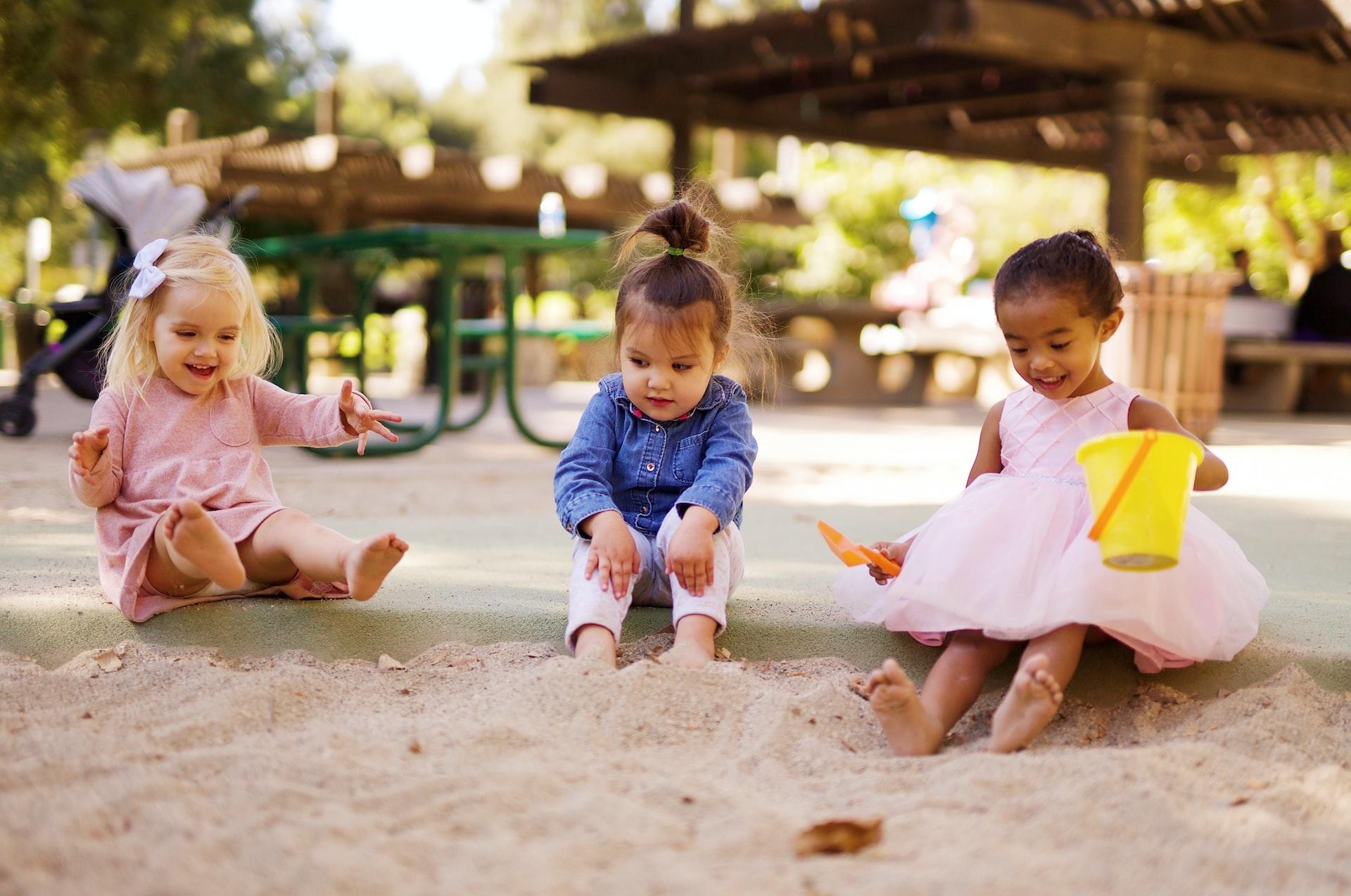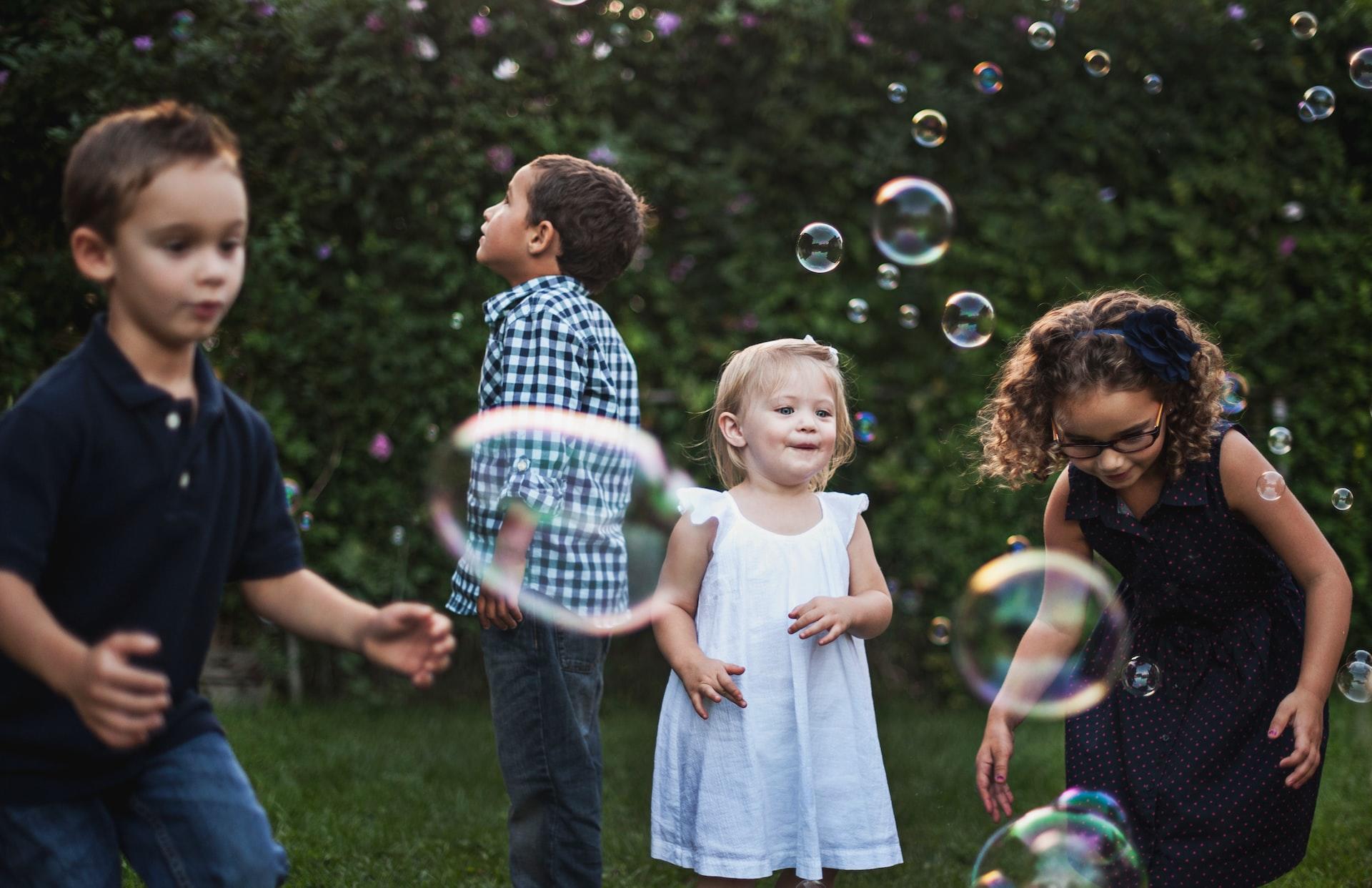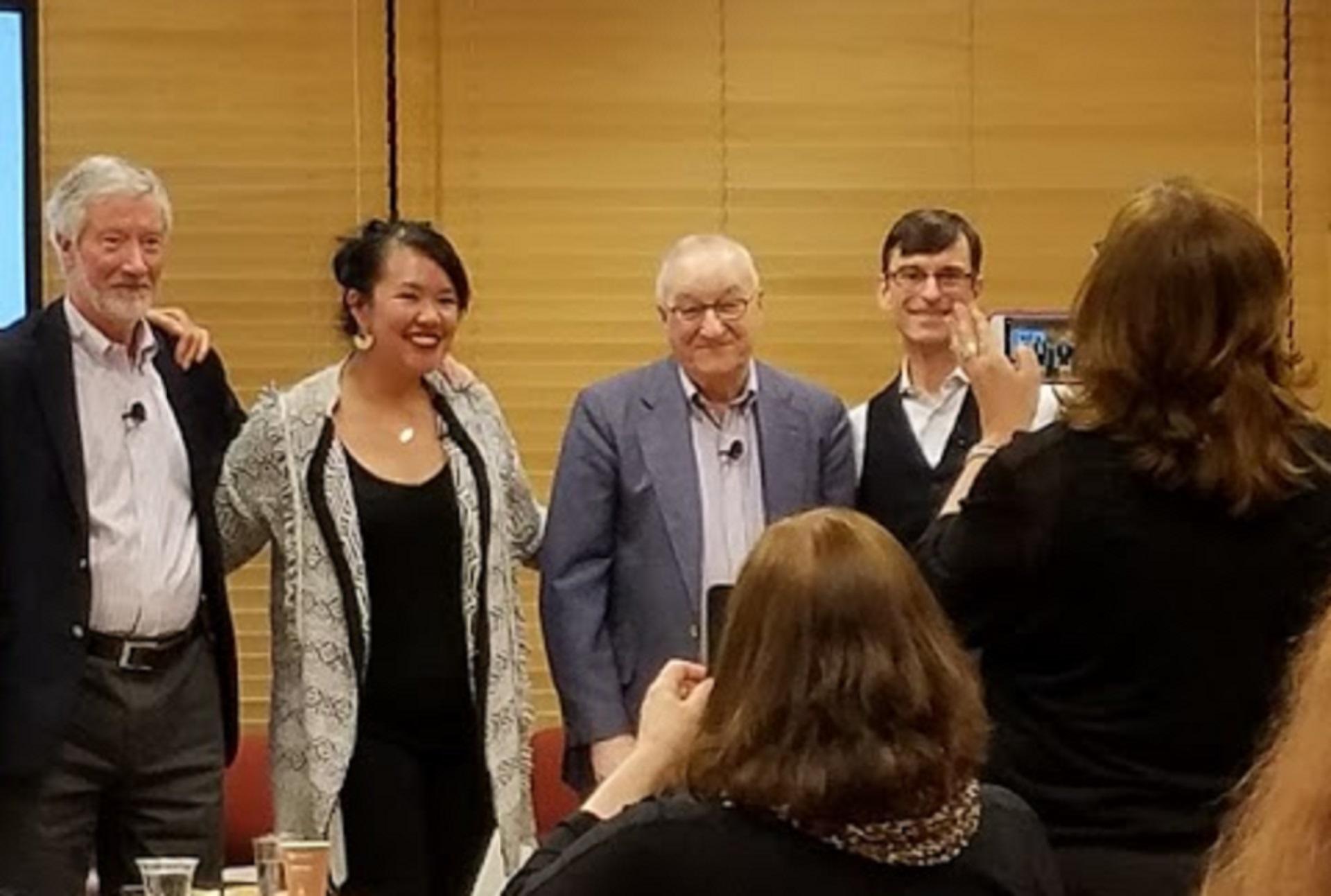In crazy times like the ones we're living in now, we like to reflect on the reasons for all the craziness. Especially when we're not ducking or averting particularly harmful instances of irrationality. Is it any comfort to know we're in good company? Ancient societies routinely engaged in the philosophical study of human thought patterns and behaviours.
Some such thinkers made a career out of studying human thoughts and activities. Today, we loosely group them under the header 'psychologists'. Everybody knows the big names in psychology: Freud, Skinner, Piaget and others. Our featured psychologist is the fourth most-cited of all time after those three. Among other noteworthy efforts, Albert Bandura is renowned for:
- the Social Learning Theory
- the Bobo Doll Experiment and observational learning
- extensive contributions to personality psychology studies
- social cognitive theory
- the Theory of Self-efficacy
Albert Bandura has considered one of the most influential psychologists of all time thanks to these and other contributions. Indeed, Dr Bandura was hailed as the greatest living psychologist of all time while still actively contributing to the field. His work was celebrated in real time, much as Nobel Prize-winning physiologist and psychologist Ivan Pavlov was. Let's learn more about Albert Bandura's beginnings and discoveries.

Albert Bandura: A Short Biography
The Bandura family lived in a remote region of Alberta, Canada. Albert was the youngest of four children and the only son. Educational opportunities were limited in their town of approximately 4 000. Young Albert took it upon himself to learn everything he could about anything he could find information on. There wasn't much to be had back then, in the early 1930s, in such a small town.

Unlike parents who prefer their offspring to stay close to home, Albert's parents were keen for him to depart so he could expand his horizons. He took their advice, leaving home immediately after high school. Soon, he found himself in the Yukon embroiled in strenuous manual labour. He had no compulsion to drink his wages or gamble them away, like his workmates did. Instead, he studied their behaviour, both when sober and when not.
By his own account, those early experiences shaped his perspective of life. They also added to what would become his broad range of views on the human condition. Presumably ready for new academic challenges, he entered the University of British Columbia in 1946. That's where he fell into psychology and the work that would dominate his life.
People often say their career found them. Such was the case for Albert Bandura. With no morning classes to rush off to, he grew restless. By sheer happenstance, he signed up for a psychology course. It didn't take long for him to realise he'd found his métier. He transferred to the University of Iowa, in the US, once he completed his undergraduate studies in Canada.
At that time, the University of Iowa was considered the epicentre of theoretical psychology. Soon, Mr Bandura was working alongside Kenneth Spence and Clark Hall, both of whom earned renown in American psychiatry circles. Through their mentoring, Mr Bandura came to prefer empirical testing and repeatable results. In this sense, he was much like American psychologist B F Skinner. He founded the experimental analysis of behaviour, a science closely related to Dr Bandura's work.
Social Learning Theory
Dr Bandura was a precocious child in a land mostly barren of educational materials. His personal experience argued against today's commonly held idea that exposure to learning made children willing and eager to do so. He posited that children (and adults) learn from the behaviour of others, not by inducement. Models, in the sense of modelling a role, are important sources for learning new behaviours.
Social learning theory presents three 'regulatory systems' acting on behaviour control. First, whatever provokes the behaviour influences the behaviour's time and response. Then, once a behaviour is exhibited, the response it receives dictates future behaviours. Cognitive function is the last of the three regulators. What does that all mean in practical terms?
A toddler gets angry because their playmate took a toy they were playing with. The toy-swiping toddler provokes an immediate, angry response from the deprived child. They might hit, bite or shriek. A caregiver admonishes the crying child - for not sharing, for being loud or for some other reason. The adult may try to pacify the upset child or may remove them from the play area.

The babies learn different lessons from their shared experiences. The toy-taker learns that such behaviour may provoke anger but will be tolerated. The crier learns that 'making a scene' does not yield desired results. Most importantly, both children learn from what happened to the other child. These cognitive functions represent the theory's third regulator.
Bobo Doll and Social Learning
"Psychology is an empirical science coordinating natural science and humanities, and that the considerations of both complement one another in the sense that only together can they create for us a potential empirical knowledge." Dr Wilhelm Wundt
Dr Wundt isn't often mentioned in conjunction with Albert Bandura. Still, the two based their careers in psychology on empiricism. For Dr Bandura, the Bobo Doll Experiment was the practical experience of his Social Learning theory.
You'll remember that social learning theory posits that people learn mostly through observation and imitation. They model the behaviours of others. Observational learning, as this method is called, teaches by observing what happens to other people. To recall our toddlers from earlier, the deprived child learned that aggression would be rewarded. The aggressive toddler discovered that crying could get you in trouble.
Dr Bandura put his theory to the test. A child test subject enters the first of three testing rooms. There, they find an unoccupied corner full of toys and an adult, surrounded by different toys, in the opposite corner. The child is invited to play with the unoccupied corner's toys - stickers, stamps, blocks and the like. The adult, whose toy pile includes a bobo doll, a mallet and other such toys, soon starts beating and kicking at the bobo doll. They also verbally abuse the doll.
In a parallel scenario, the adult completely ignores the bobo doll and displays no aggression. In both scenarios, the adult is dismissed and the child taken to another, similarly set-up playroom after 10 minutes. Only this time, The child is taken to yet another room and another set of toys. Within minutes, they are told that those toys were meant for other children.
Now back in the initial room, the child is invited to play with whichever toys they wish. During the 20-minute playtime, examiners noted that the 'aggressive adult' children beat, kicked, threw and verbally abused the bobo doll, just as the adult model had. The children who weren't exposed to aggression displayed little of it themselves.
Albert Bandura: Other Noteworthy Theories
The Bobo Doll Experiment was a groundbreaking psychological experiment that resonates still today. It forms the foundation for studies of violence in mass media. But Dr Bandura wasn't ready to rest on his laurels. Besides, he was less than 20 years into his career. He had many more discoveries to make.

Social Cognitive Theory
Social Cognitive Theory (SCT) extends the Social Learning Theory. SCT proposes that people observe someone performing a behaviour and witness the consequences of it. They then remember the modelled behaviour - the sequence of steps and their results and use it to guide their behaviour from then on. SCT goes a long way to explain why TikTok challenges are so popular.
Self-Efficacy Theory
Do you know the story called The Little Engine that Could? Its tagline is "I think I can!". Though that line doesn't feature in Thomas the Tank Engine, the UK's version of that story, the ethos is the same. One must believe in their capacity to exhibit the behaviours needed to reach a particular goal.
You might remember acting contrite so that punishment for breaking a school rule wouldn't be so severe. Or acting innocent at home so your sibling gets the blame for something you've done. In either case, you might not have been contrite or innocent. The point is, you know you're capable of those behaviours and you know that they will net you the result you want.
The Self-efficacy Theory doesn't stop there. Today's motivational speakers make ample use of its principles, too. For instance, if you perceive challenges as something to meet rather than problems to avoid, you may consider yourself a person with high self-efficacy. If you interpret failure as a lack of effort on your part rather than something caused by external factors, guess what kind of person you are?
Dr Bandura's career spanned more than a half-century. During that time, he built on research conducted by the likes of Jean Piaget, himself renowned for his Theory of Cognitive Development. Dr Bandura left such a rich trove of psychological study that today's researchers apply to current social conditions. His bobo doll experiment may have been controversial but he extracted only the good from it. Such is Arthur Bandura's legacy.
Summarise with AI:
















